Manila Slum Project Extends Support to Young Moms
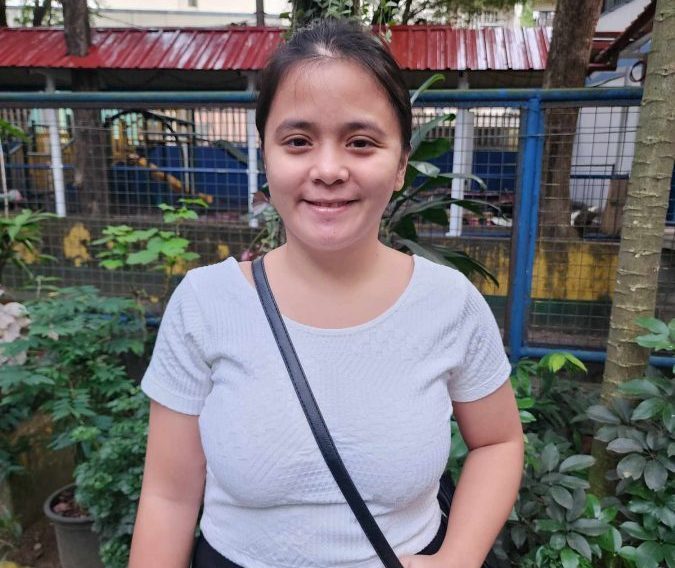
In Manila's busy streets, many children miss out on schooling. But there's hope as we work to change their story.
 59 SHARES
59 SHARES
Anjana, 30, is married and has 2 children. Because she married at an early age of 16 with neither her or her husband having any source of income, their parents refused to support them. She felt the need to work or start her own business, but she had no means of funding. To support the family, Anjana’s husband started working at a cobbler’s place. There he earned about NPR 6,000 (AUD 65) per month, which was barely enough to provide for their rent and other basic needs. They struggled financially throughout the years.
One day, Anjana learned about the My Business My Freedom Program. She received her first loan and used the money to rent a room where she could repair old and torn shoes and sell new ones as well. She slowly grew her business and was earning a steady monthly income. After eight to nine months from her first loan, she was able to pay it off and took a second loan.
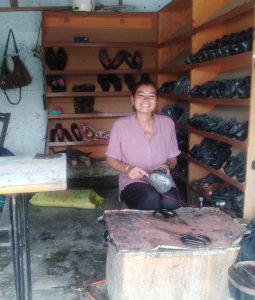 With the new amount, she expanded her cobbler shop and added new pairs of shoes. Both Anjana and her husband work at the shop repairing shoes. With this new steady income, they were able to send their kids to school while still having enough to manage household expenses. She understands the importance of education and will do whatever she can to help her children have a bright future. However, due to the lockdown, her shop was locked for half a year, and left her still with her loan to repay. The lockdown severely affected her family, that she could not even feed her family two meals a day. She feels bad being unable to pay off her debt. Lockdown has lifted in most places in Nepal and she hopes to build up her business again and be able to pay off her debt and be able to support her family again.
With the new amount, she expanded her cobbler shop and added new pairs of shoes. Both Anjana and her husband work at the shop repairing shoes. With this new steady income, they were able to send their kids to school while still having enough to manage household expenses. She understands the importance of education and will do whatever she can to help her children have a bright future. However, due to the lockdown, her shop was locked for half a year, and left her still with her loan to repay. The lockdown severely affected her family, that she could not even feed her family two meals a day. She feels bad being unable to pay off her debt. Lockdown has lifted in most places in Nepal and she hopes to build up her business again and be able to pay off her debt and be able to support her family again.
For now, she works as a gardener, cutting grass at other people’s house and gets 50 rupees (less than 1 AUD) for a doko (basket) of grass she cuts. She can cut about four dokos of grass a day. Like her, many women who have received loans from My Business My Freedom Program have been directly impacted by the pandemic and the lockdown restrictions. These women are resilient and rely on the Women’s Group that they are part of in their region to encourage and help each other out when needed. Now that Nepali people are working hard to get back on track with their lives, we and our partners will be there to support them and help them get back on their feet again.
WE NEED YOUR HELP
Help stabilize a Nepali woman with a small business loan. Your donation of US$200 will help prevent her and her children from becoming victims of human trafficking. Click on the links below.
Our Partners

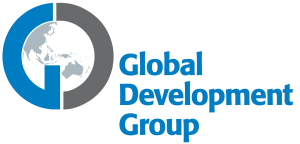

In Manila's busy streets, many children miss out on schooling. But there's hope as we work to change their story.
 59 SHARES
59 SHARES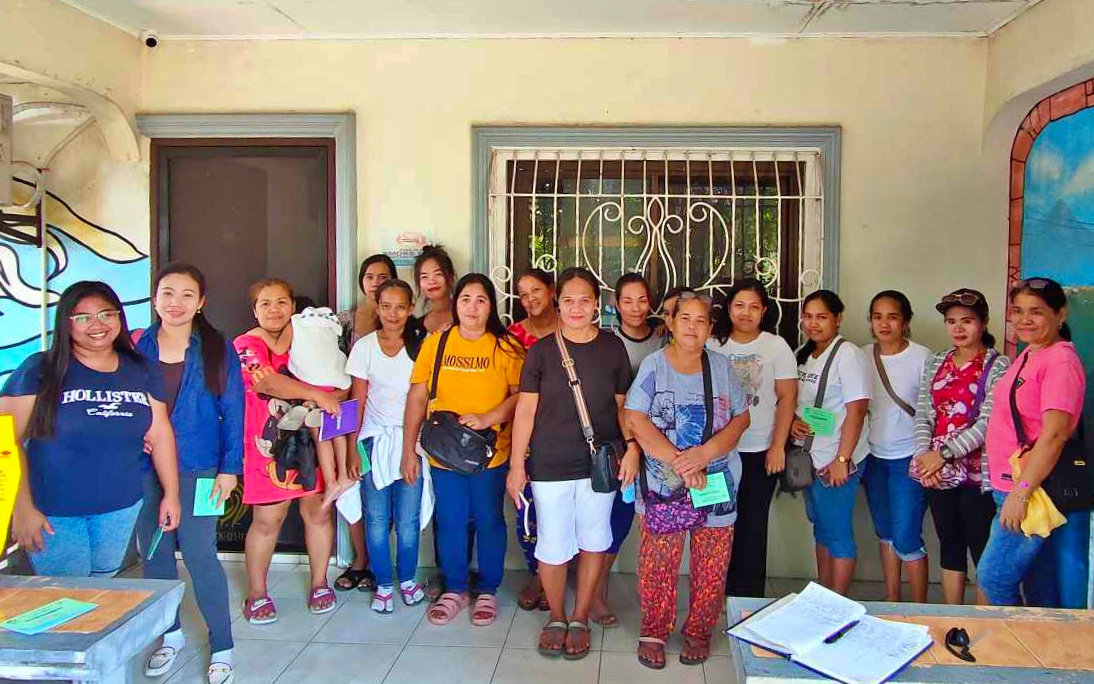
March 8, 2024, is an eventful day for us and our Manila team as we celebrate 20 new signups to our Honor 1000 Microfinance Program!
 52 SHARES
52 SHARES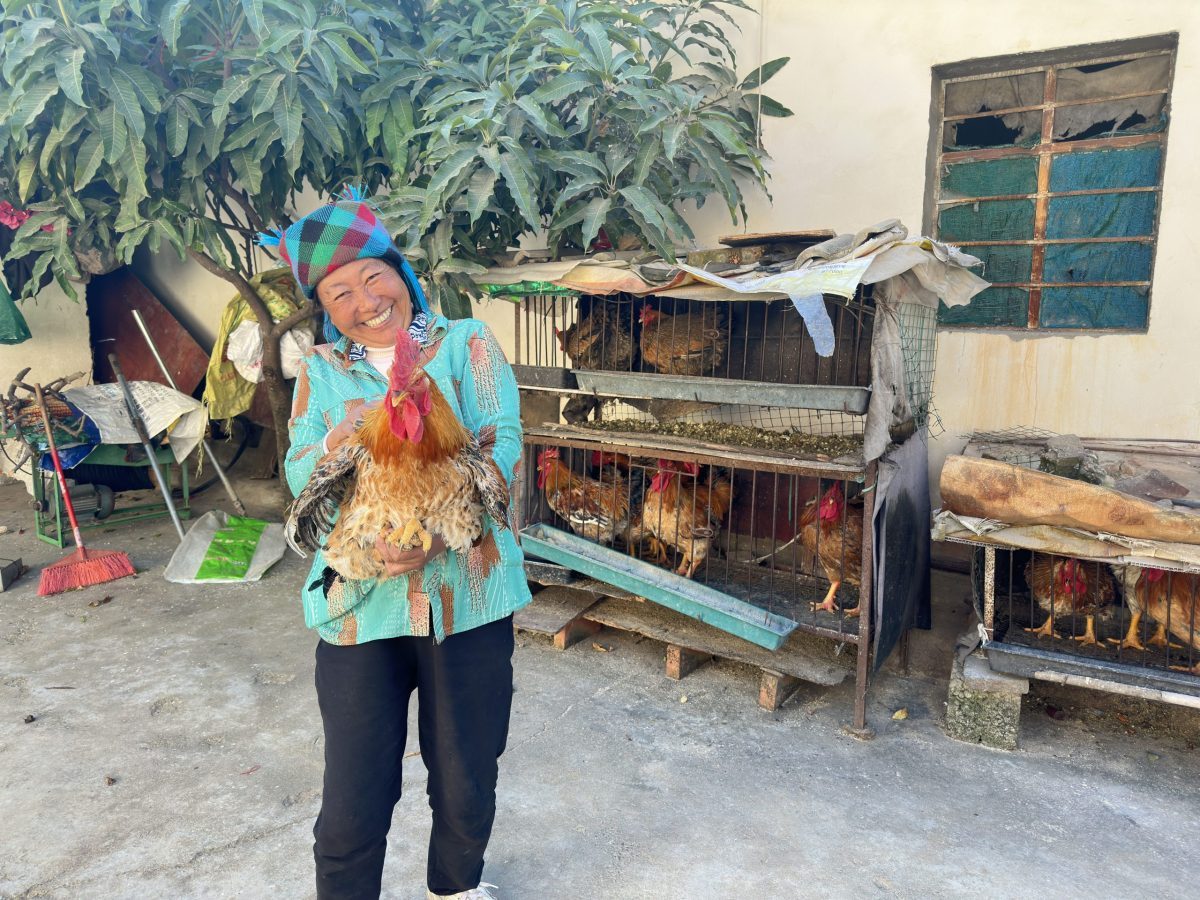
The Chicken Breeding Project in China is dedicated to improve the livelihoods of 90 rural families residing in remote regions of Sichuan, China.
 11 SHARES
11 SHARES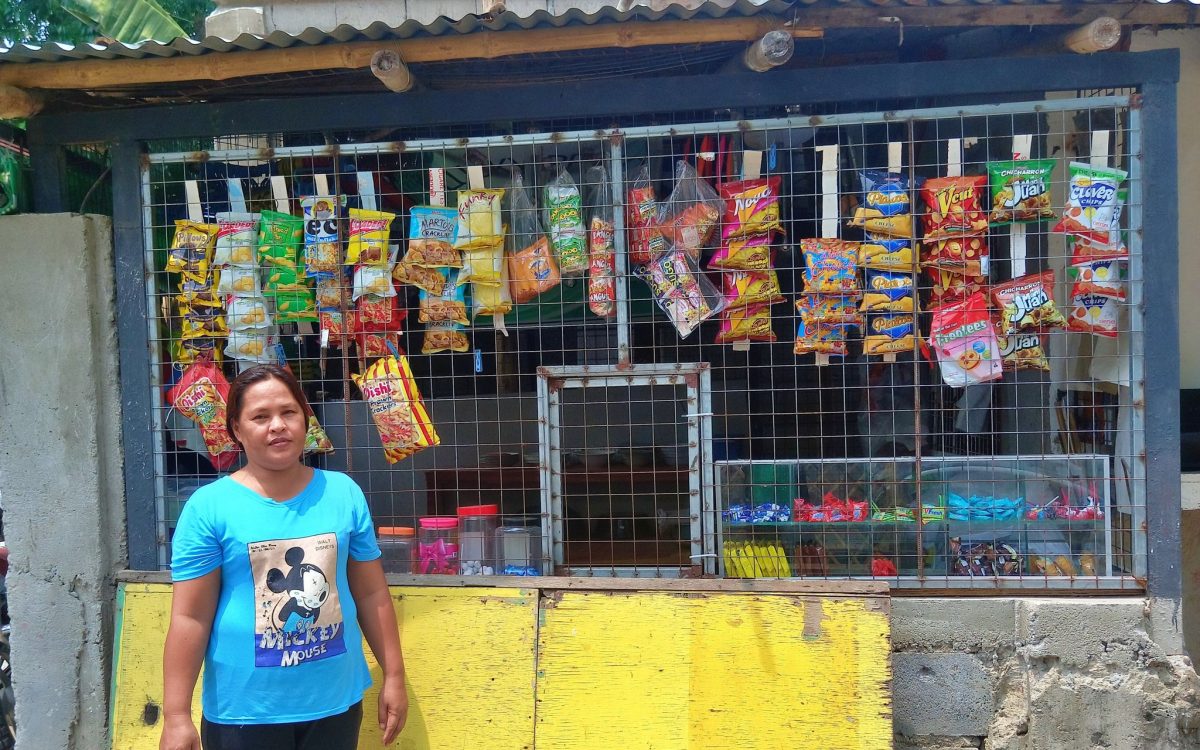
We continue to empower more women through our microfinance program in the Philippines. We opened a new microfinance group in Bayan-Bayanan, one of the barangays in Dinalupihan, Bataan.
 49 SHARES
49 SHARES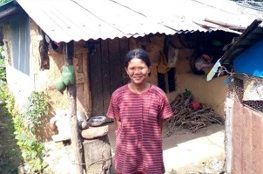
Grishma Rai is one of the Nepali girls that we support in the Captivating Village Program. In 2023, the Captivating Village Program initiative reached 18 villages in Nepal, and one of those that we have reached is Grishma's village.
 25 SHARES
25 SHARES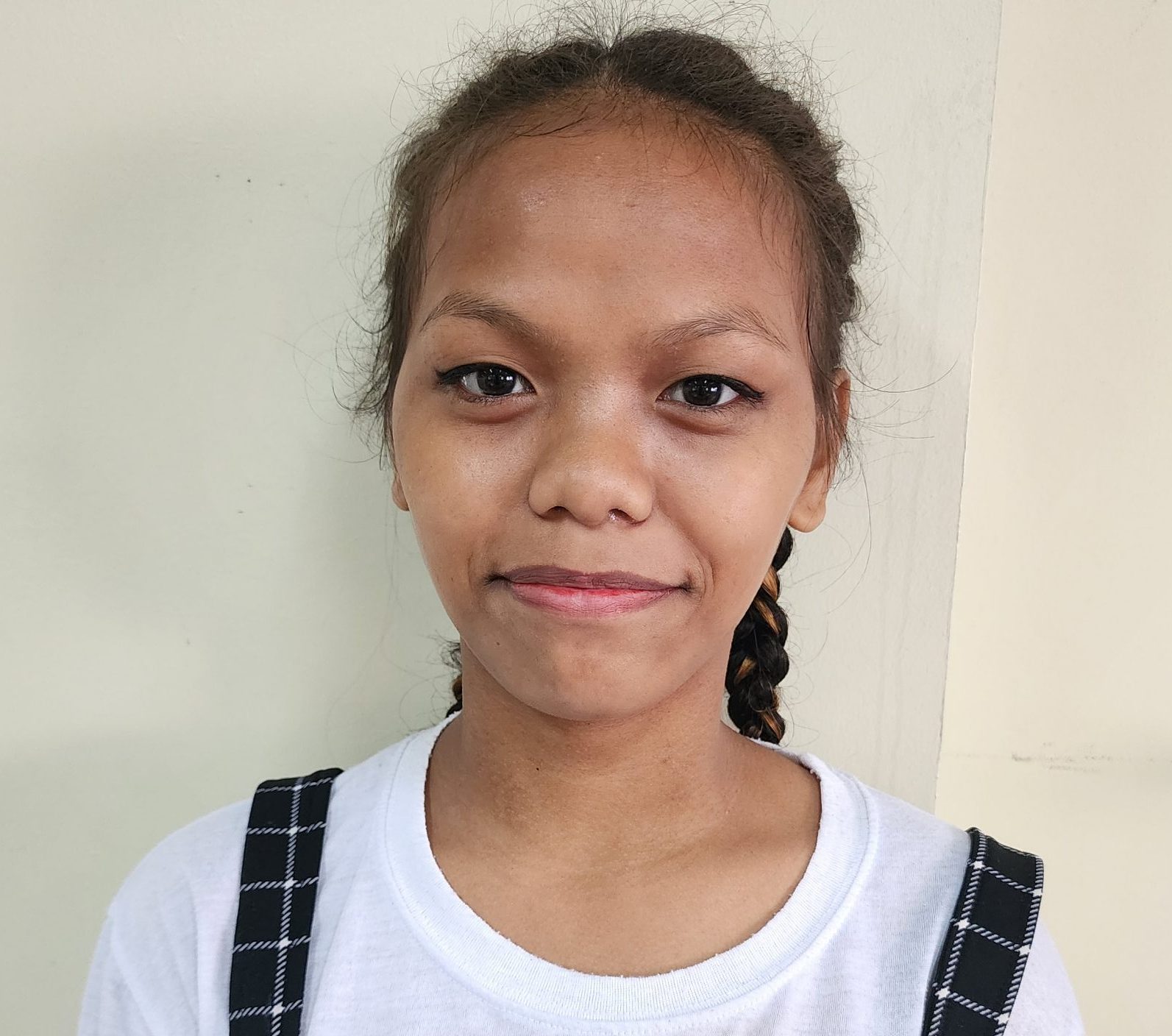
Jennelyn’s mom and sister got pregnant during their teenage years.
 37 SHARES
37 SHARES